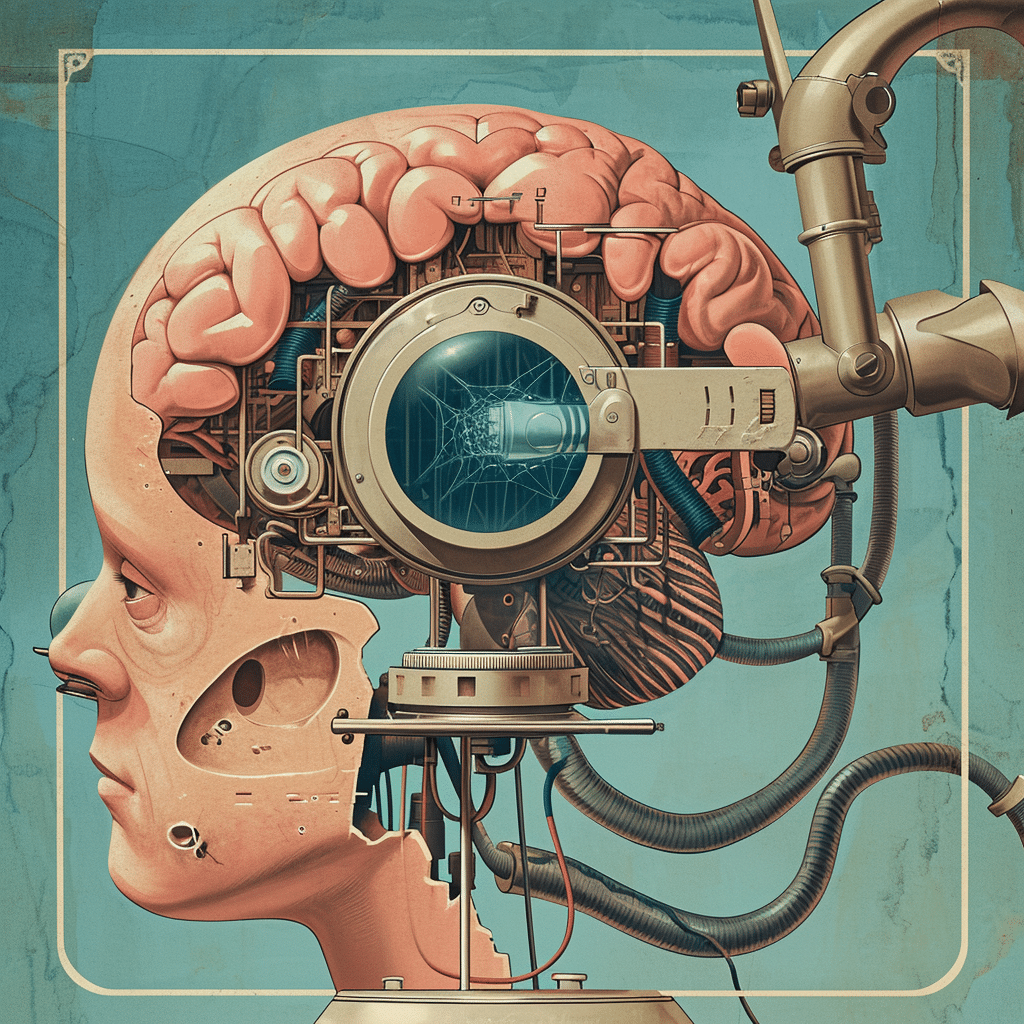
In a significant breakthrough for Alzheimer’s disease management, Darmiyan, Inc. has announced the FDA’s approval of its innovative clinical test, BrainSee. This groundbreaking technology, a first-in-class (De Novo) product, represents a major leap forward in brain health, potentially transforming the landscape of brain disease diagnosis and management.
BrainSee is the culmination of over 40 years of advanced brain science, combining whole-brain image analysis with medical AI. It leverages standard clinical brain MRI and cognitive assessments to generate an objective score, predicting the likelihood of progression from amnestic Mild Cognitive Impairment (aMCI) to Alzheimer’s dementia within five years. This tool addresses the needs of over 10 million Americans and more than 100 million people worldwide dealing with aMCI.
Bringing Clarity to Alzheimer’s Diagnosis
Alzheimer’s disease, a form of dementia, has been a challenging puzzle for both those who suffer from it and the medical community. It’s like a shadow that gradually extends over one’s memory and cognitive functions. However, a beam of hope shines through this shadow, thanks to a groundbreaking technology developed by Darmiyan, Inc. called BrainSee. This new technology could change the way we diagnose and monitor Alzheimer’s, offering a more objective, precise, and non-invasive method.
What is BrainSee?
Imagine having a high-tech pair of glasses that could look into your brain and tell you exactly what’s going on. That’s BrainSee for you, but instead of glasses, it uses something many are familiar with – MRI scans. MRI, or Magnetic Resonance Imaging, is a common technique that doctors use to get detailed images of the inside of your body. BrainSee takes these images and, with the help of some smart computer programs (artificial intelligence and machine learning), it can tell if a person is likely to have Alzheimer’s or if they might develop it soon.

How Does BrainSee Work?
The magic behind BrainSee lies in its ability to analyze brain MRI scans with incredible detail. When you get an MRI scan, it’s like taking a very detailed picture of your brain. BrainSee takes this picture and uses its advanced algorithms to detect subtle changes in the brain that might indicate Alzheimer’s.
But that’s not all. It also considers simple cognitive assessments – basically, tests that measure how well your brain is working in areas like memory and problem-solving. By combining this information with your MRI scan, BrainSee can tell with about 91% accuracy if you currently have Alzheimer’s, and with 88% accuracy if you might develop it in the next five years.
Who Can Benefit from BrainSee?
BrainSee is particularly helpful for people who are in the early stages of cognitive decline, which is often a gray area in medical diagnosis. This includes people with Mild Cognitive Impairment (MCI), a condition where you have minor problems with cognition (like memory or thinking skills) that are noticeable but don’t significantly impact daily life. In many cases, MCI can progress to Alzheimer’s.
For those who are worried about their memory or have seen changes in their thinking abilities, BrainSee can offer a clearer picture. It can tell whether these changes are part of normal aging or signs of something more serious like Alzheimer’s.
Why Is Early Diagnosis Important?
Detecting Alzheimer’s early is crucial. Although there’s no cure yet, early diagnosis can significantly affect how the disease is managed. It can lead to better planning, treatment, and care strategies that can improve the quality of life. Plus, with an early diagnosis, patients and their families can make more informed decisions about their future.
One of the big challenges in finding a cure for Alzheimer’s has been selecting the right patients for clinical trials. BrainSee offers a solution here too. It can help identify people who are at the early stages of Alzheimer’s, making it easier for researchers to test new treatments more effectively.
Conclusion
If you’re experiencing memory problems, it’s essential to speak with your doctor. They are best equipped to understand and evaluate your symptoms, and can guide you through the available options for diagnosis and care.
With the recent FDA approval of BrainSee, a new and innovative test for Alzheimer’s, your doctor can determine if this advanced diagnostic tool is suitable for your situation. Since BrainSee is a recent development in the field of Alzheimer’s testing, your doctor can also provide information on when and how it might be available to you.
Remember, early detection and diagnosis are crucial in managing memory-related conditions, so don’t hesitate to reach out to your healthcare provider to discuss your concerns and learn about the latest advancements like BrainSee that might be accessible to you.


